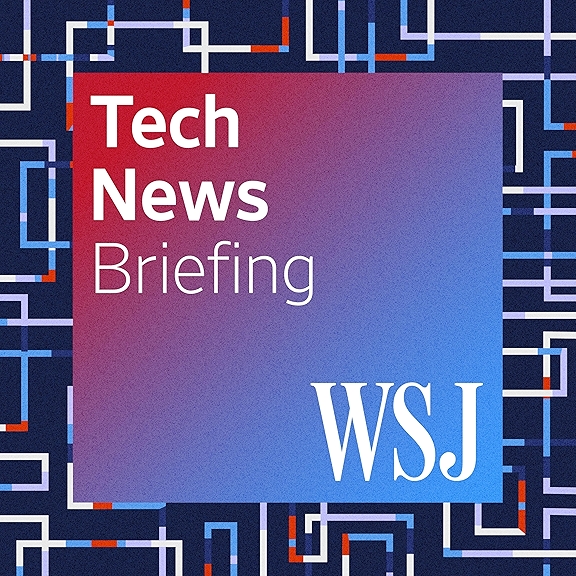
Do India’s Free Trade Agreements with European nations benefit the country? | In Focus podcast
On March 10th, India signed a free trade agreement with a group of four European nations, committing to reduce tariffs. In return, India would receive $100 billion in investments over the next 15 years. The non-EU bloc, known as the European Free Trade Association, consists of Switzerland, Norway, Iceland and Liechtenstein. This agreement has come on the back of protracted negotiations of 21 rounds spread over 16 years. While the balance of trade heavily favors the EFTA, with India importing about $22 billion in 2023 from the bloc, India exported only about $3 billion to the bloc. While India hopes to attract investments in railways, the financial sector and automobiles, it is expecting a growth in exports of pharma products, garments, chemicals and machinery to the EFTA.
This pact comes just two years after India signed similar agreements with the United Arab Emirates and Australia, but such free trade deals have not largely helped India's export growth. In fact, it has generally been more beneficial to the other nations or blocks who have signed such deals with India. For instance, India's 2011 comprehensive Economic Partnership Agreement with Japan enabled Japan to double its exports to more than $16 billion in 2023 from $8 billion in 2011. On the other hand, India's exports to Japan remained static at $5.46 billion in 2023, a tad up from $5.09 billion in 2011. This mirrors other trade pacts like the one signed with the 10-member Southeast Asian block, the ASEAN in 2010. In 2022-23, India exported goods worth about $44 billion to the region, while its imports were valued at $87 billion. The trade deficit in 2022-23 was $43 billion compared with $7.5 billion in 2010.
Why is India then entering into more such agreements? How different is the EFTA from those signed with other nations and blocs? And are such deals a substitute to larger WTO led trade frameworks, where India tends to have a larger say because of the backing of other developing nations.
Guest: Professor Dinesh Abrol, retired professor at the Institute for Studies in industrial development.
Host: Kunal Shankar, Deputy Business Editor, The Hindu.
Edited by Sharmada Venkatasubramanian.



















